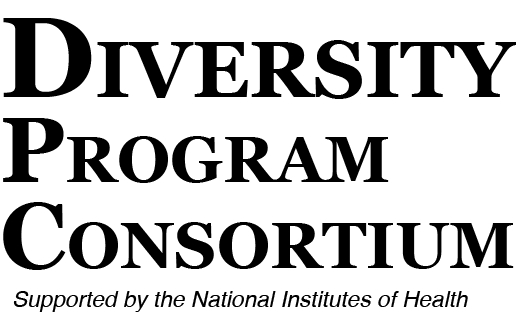In This Edition
September 10, 2020
DPC Newsletter Volume 5, Issue 2
DPC Newsletter Volume 5, Issue 2
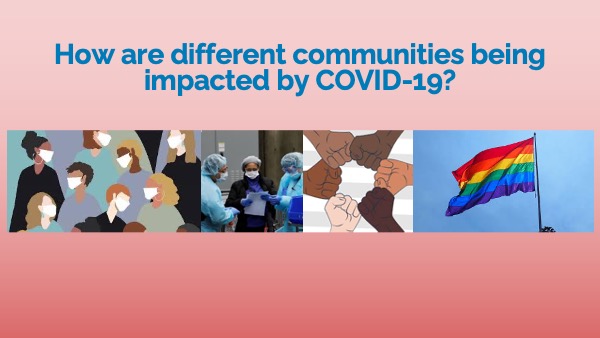
Developed and hosted by the BUILD program at San Francisco State University, the BUILD Research Collaboratory was an eight-week virtual course in basic bioinformatics coding, focusing on COVID-19 and its impact on communities—particularly communities facing health disparities. BUILD students worked in small mentoring groups facilitated by graduate students to learn basic coding and examine health outcomes.
For more information click here.
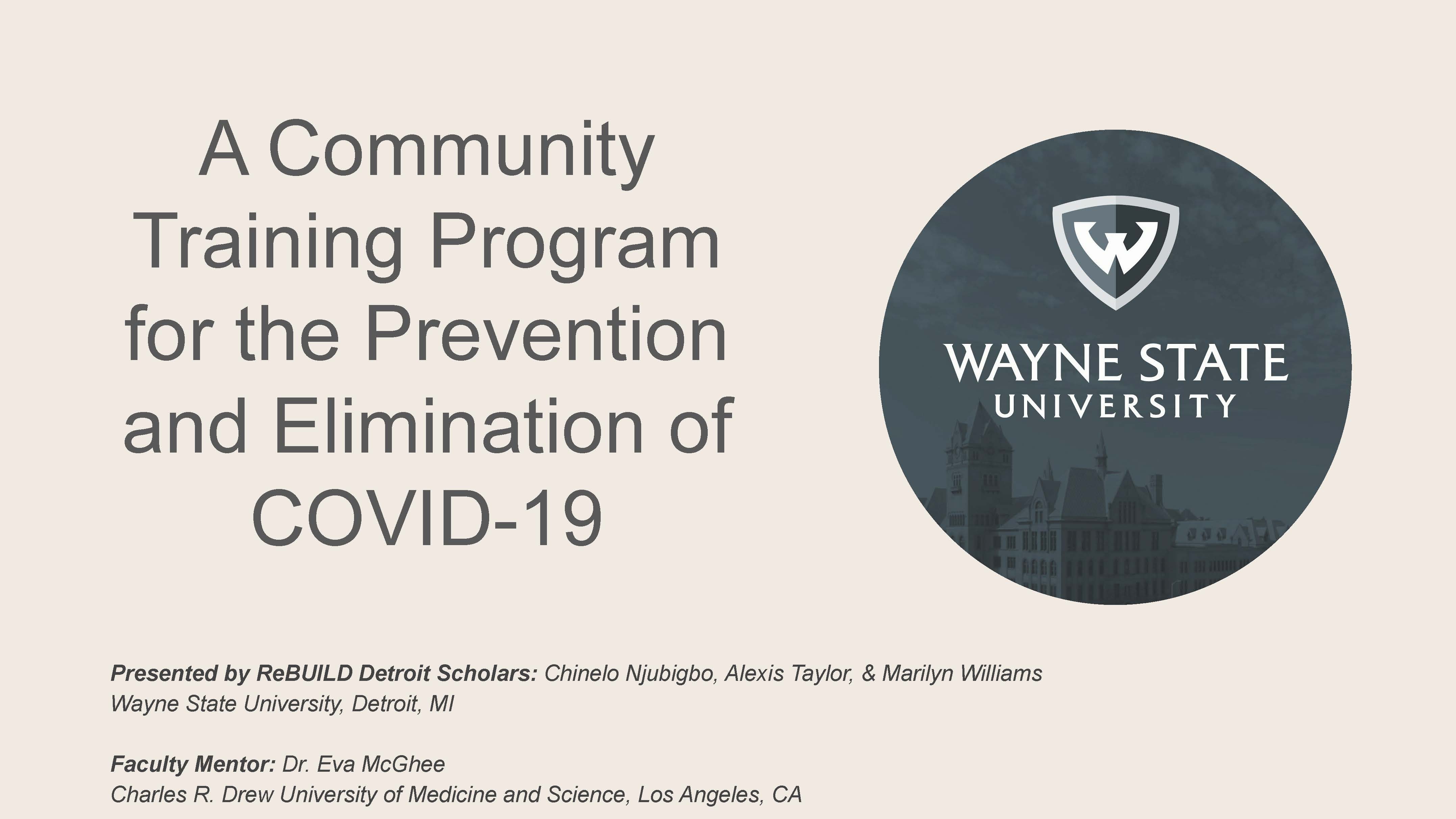
When the impact of COVID-19 caused universities to shut their doors and transition programs online, student researchers were left in a bind for conducting the work necessary to move forward in their education. So, researchers working with the ReBUILDetroit program developed "Beyond BUILD" to give students an opportunity where they could continue building their skills as budding scientists, whether or not they had previous research experience.
For more information click here.
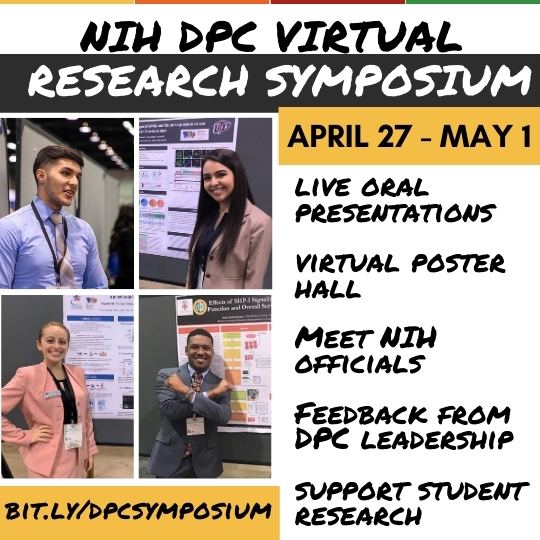
From Monday, April 27, 2020, to Friday, May 1, 2020, BUILD Scholars from across the Diversity Program Consortium participated in the first DPC Virtual Research Symposium.
For more information click here.
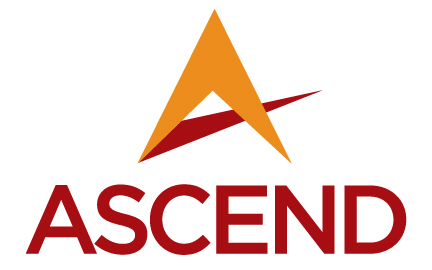
The SARS-CoV-2 pandemic did not slow down Morgan State University’s ASCEND Scholars this summer. The following students were able to continue their summer research with institutions that made the experiences possible and intellectually rewarding.
For more information click here.

MyNRMN has launched its inaugural asynchronous My Course: Unconscious Bias Course. Within the Unconscious Bias Course, participants will find five modules which can be taken all at once or individually. These modules will introduce users to unconscious bias, walk them through microaggressions, provide a solutions toolkit, develop their self-awareness, and finally, display how unconscious bias affects everyone in regard to medicine and healthcare. Each module takes approximately 20 minutes to complete.
For more information click here.
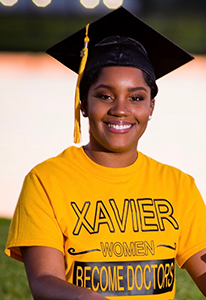
The BUILD program at Xavier University of Louisiana (XULA), Project Pathways, celebrated the graduation of the class of 2020 with a video featuring clips of staff and faculty wishing them well on their journey forward. As they settle into their graduate programs in the midst of the COVID-19 pandemic, these recent graduates are excited about what the future holds.
For more information click here.

Taking time to celebrate achievements and milestones is critical for researchers—whether lead investigators or undergraduate students beginning their careers—to appreciate the results of their long hours and hard work. The COVID-19 pandemic created an extraordinary hindrance to celebrate the class of 2020, as normally planned events and celebrations were cancelled when The University of Texas at El Paso postponed the Spring Commencement to this coming fall, when it will be held virtually.
For more information click here.
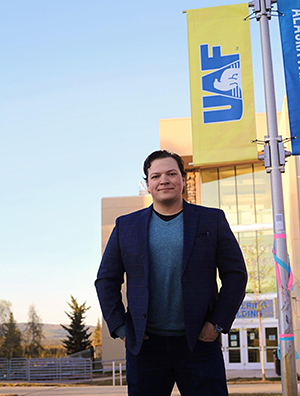
This past May, the BLaST program at the University of Alaska Fairbanks celebrated the graduation of five BLaST Scholars. The celebration of their achievements was unusual this year due to the effects of the COVID-19 pandemic. In lieu of an annual graduation barbecue, the BLaST team created a “Virtual Graduation” consisting of a website highlighting the graduates, and a video from the team giving accolades and good thoughts. Meet the 2020 BLaST Scholar graduates and what they have to say about their future plans and their experience in the program!
For more information click here.
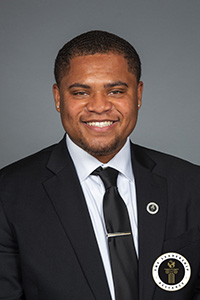
Over the summer, XULA BUILD Project Pathways Research student Jordan Wise participated in the Stanford Summer Research Program and worked under Rodolfo Dirzo, Ph.D, M.Sc.
For more information click here.
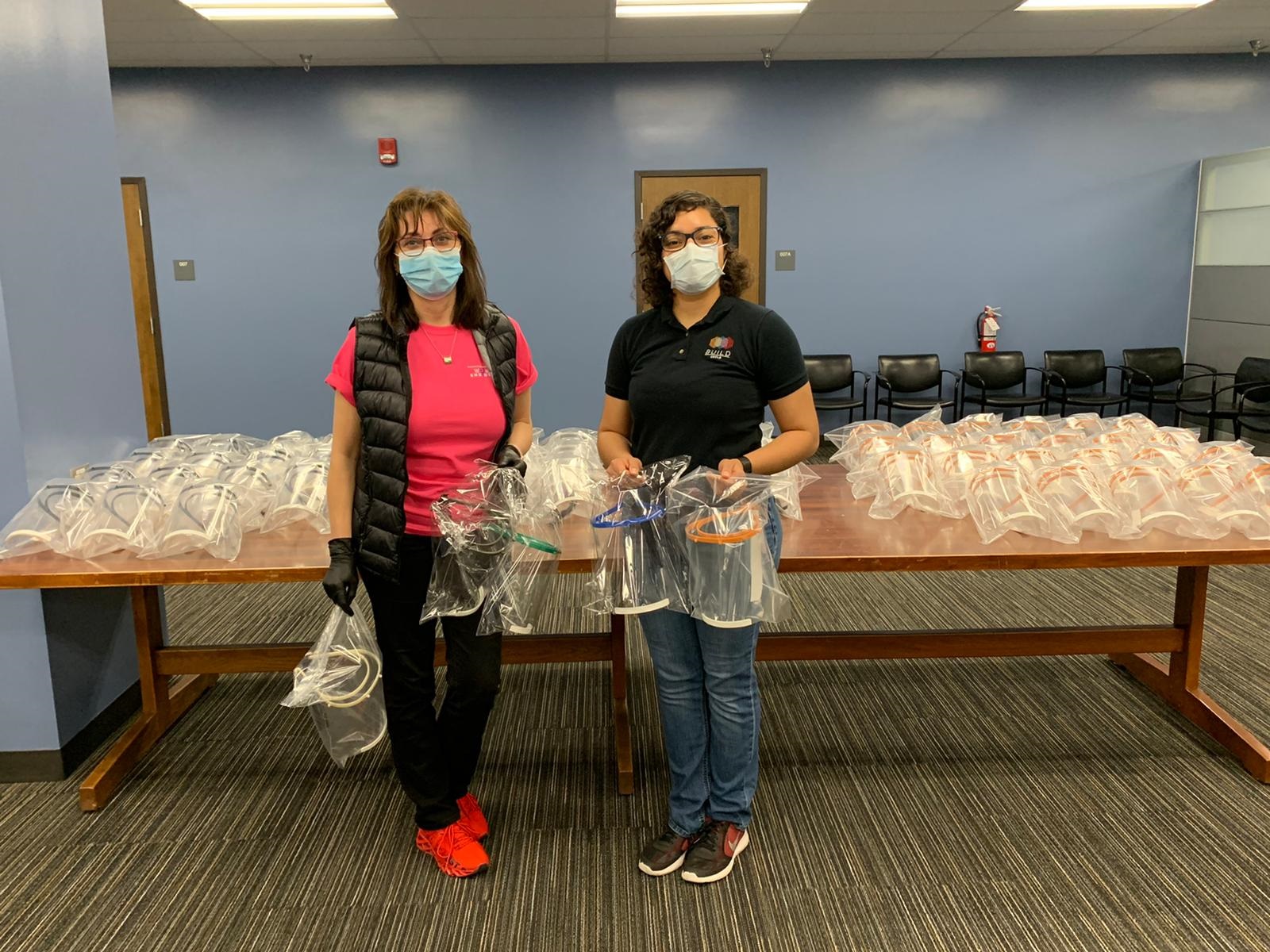
During summer 2020, one of our California State University, Long Beach (CSULB) BUILD alumni wrote an article about her experience in assisting with the creation of 3D printed face shields for health care providers.
For more information click here.
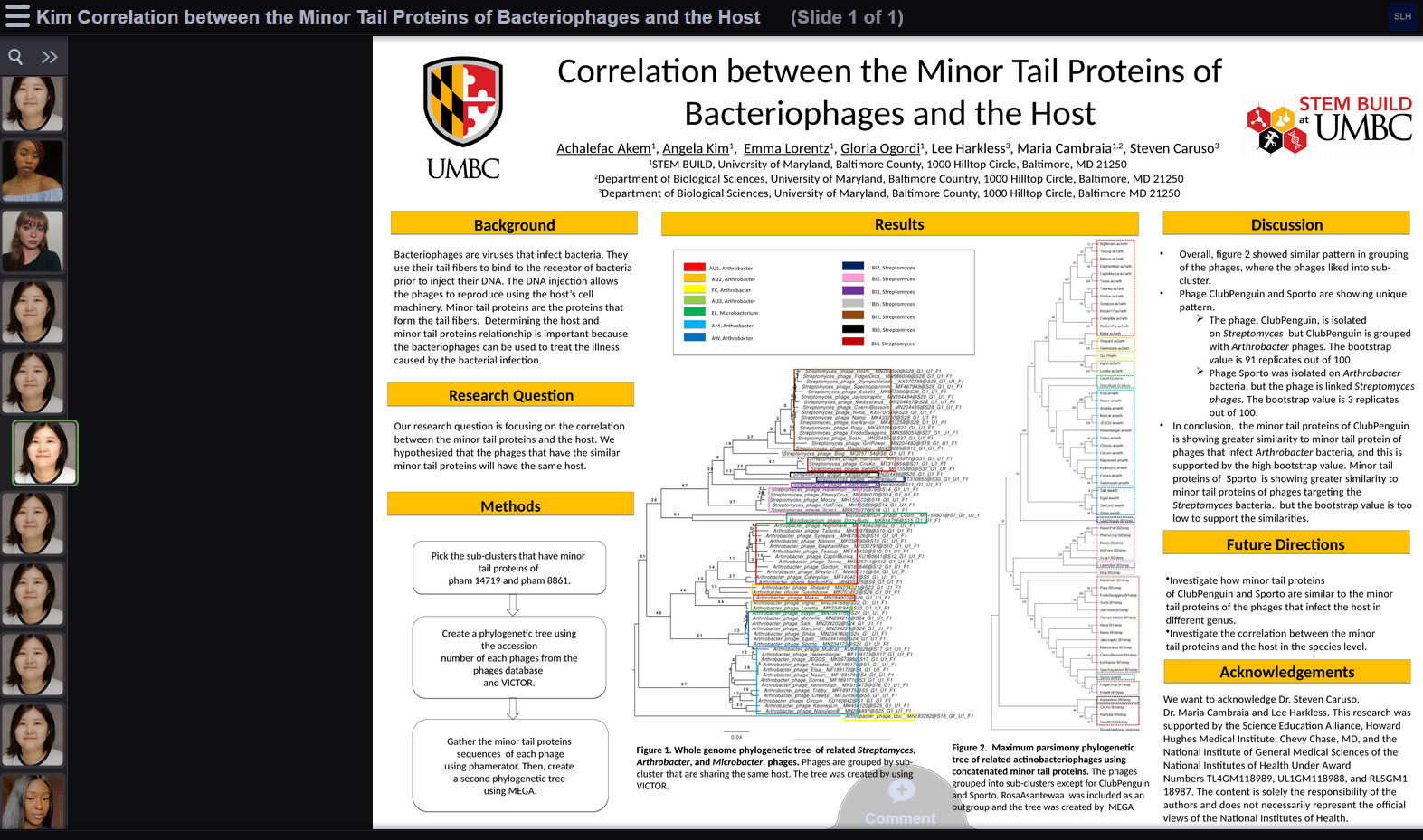
The fifth cohort of students participating in the University of Maryland, Baltimore County’s STEM BUILD program had been looking forward to a summer wet lab experience. That wasn’t to be this year due to the COVID-19 pandemic, but that didn’t stop the the 19 students of Cohort 5 and their instructors from working together to convert the Bioanalytical Phage Module—originally an eight-week, in-person program—into a successful online experience.
For more information click here.
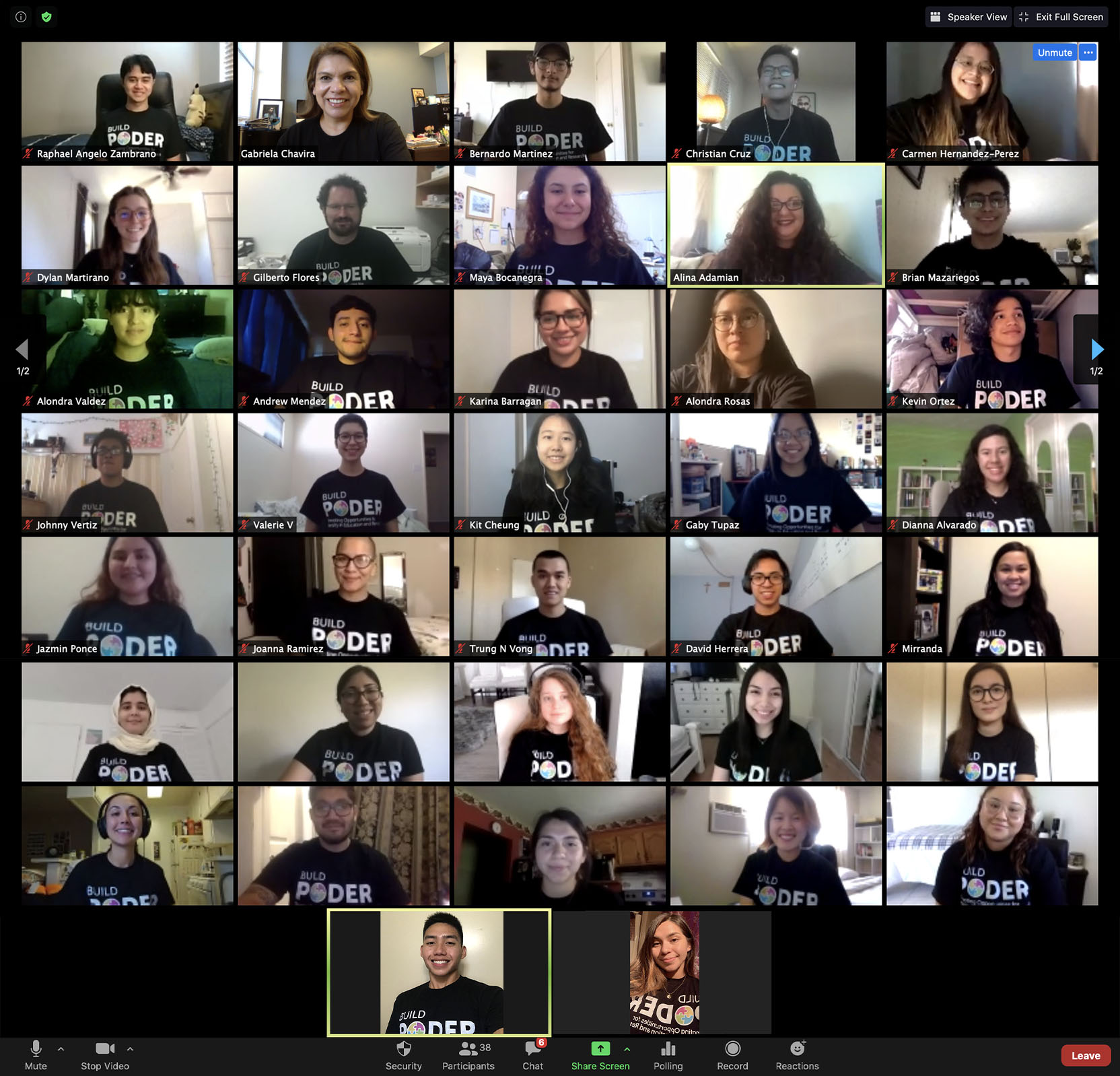
Due to COVID-19 restrictions, the BUILD PODER team wanted to ensure that our students had a full and enriching summer experience. As the university’s largest NIH-grant funded research training and enrichment program, BUILD PODER had to find a way to fulfill its responsibilities to train, mentor and support students, which usually happens in the form of weekly meetings, hands-on research with faculty, and funding for travel to conferences and summer research programs. The program staff and administrators also had to rethink their plans for their approaching Summer JumpStart (SJS)— an intensive four-week entry-to-research training program—for the incoming cohort of 33 students.
For more information click here.
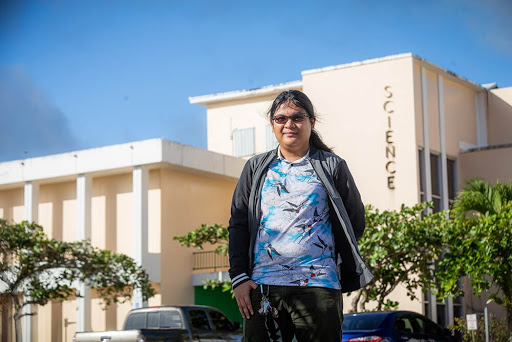
Although summer 2020 has held uncertain and tumultuous times for everyone, Portland State University’s BUILD EXITO program has found ways to support their Scholars and celebrate key milestones.
For more information click here.
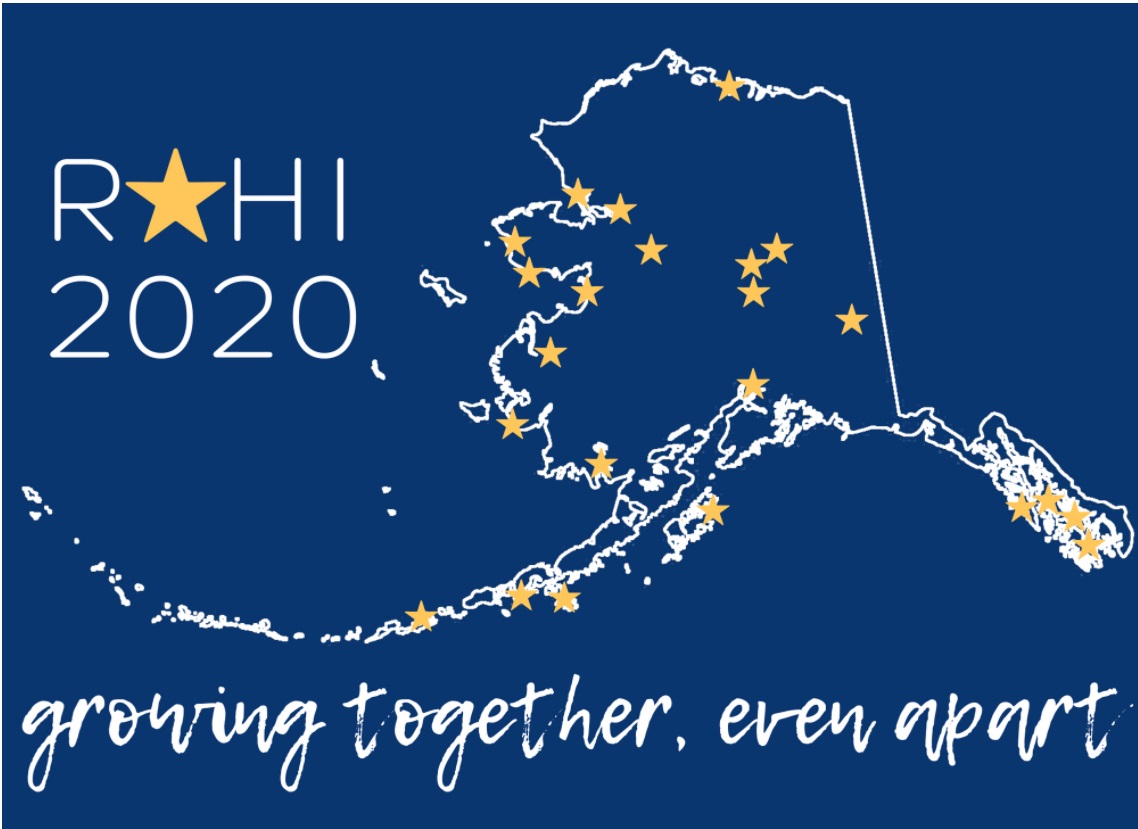
In a typical summer, the Rural Alaska Honors Institute (RAHI), an undergraduate bridge program offered to seniors and juniors in high school from all over Alaska, invites a group of roughly 50 students from around the state to the University Alaska Fairbanks (UAF) campus for a six-week long immersion into college life. Students take a full load of college courses, live in the dorms, and explore Interior Alaska.
For more information click here.
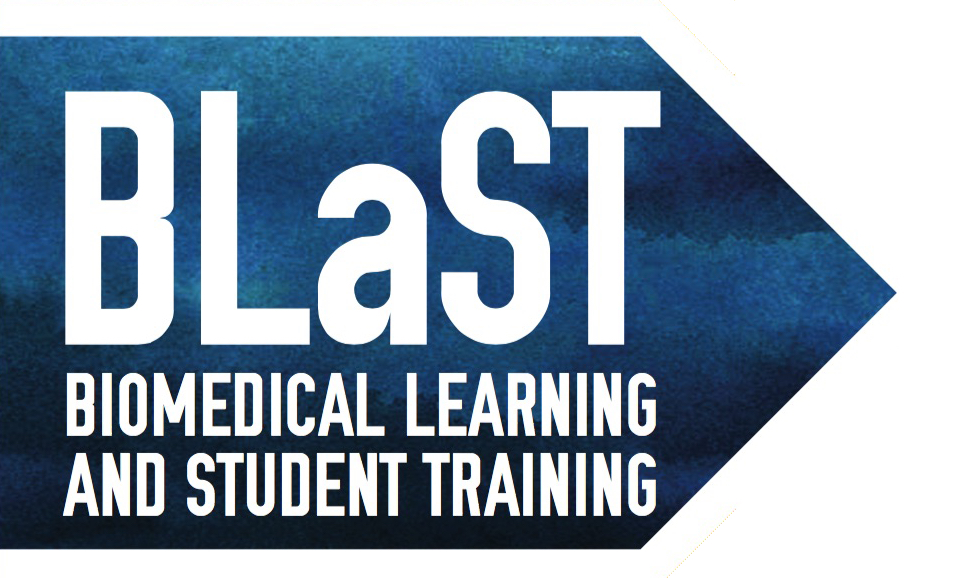
BLaST is persisting through the pandemic and responding to decisions and recommendations by the Centers for Disease Control and Prevention (CDC). BLaST continues to offer biomedical research-focused courses to University of Alaska Fairbanks (UAF) students, and has transitioned to a virtual format for the fall semester.
For more information click here.
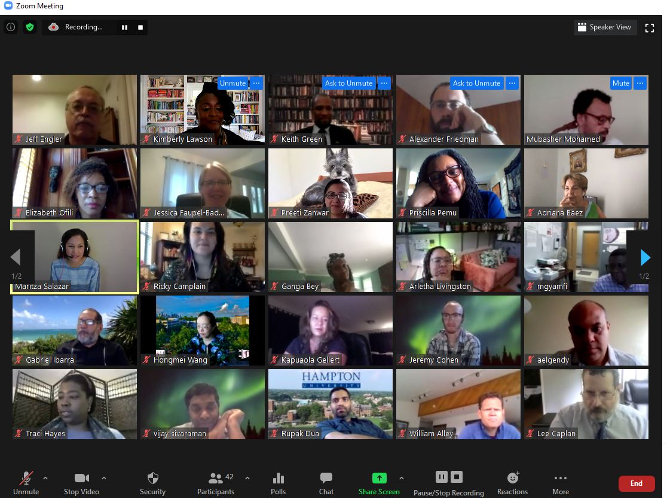
The National Research Mentoring Network (NRMN) Strategic Empowerment Tailored for Health Equity Investigators (SETH) virtually kicked off its annual two-and-a-half-day grant writing Coaching Group study on Aug. 13 -14, 2020.
For more information click here.
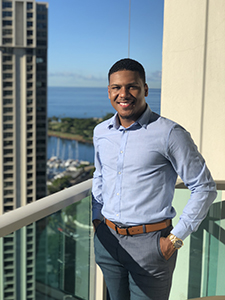
Three recent alumni of Xavier University of Louisiana (XULA) and the XULA BUILD Project Pathways program were featured in a panel discussion on WeAreHBCUs: Know Your Tribe, on June 30, 2020. The event featured alumni panelists from Historically Black Colleges and Universities (HBCUs) from across the country. During the panel discussion, the XULA graduates discussed health and wellness, leadership, and advocacy.
For more information click here.
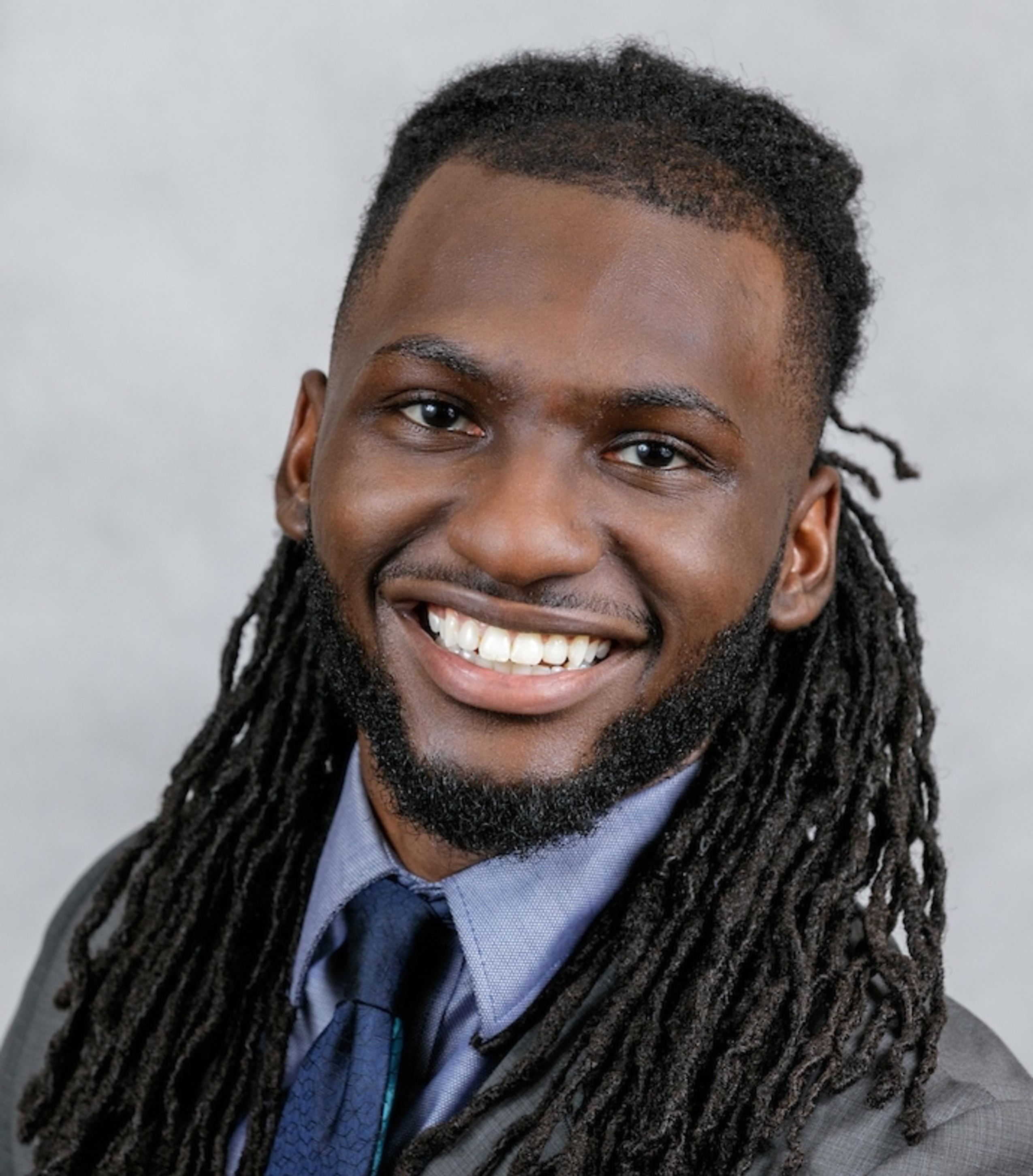
Imari Parham is a 2019 graduate of Xavier University of Louisiana, and a former XULA BUILD Project Pathways Scholar and Research student. He is currently attending Meharry Medical College School of Medicine in Nashville, Tennessee.
For more information click here.
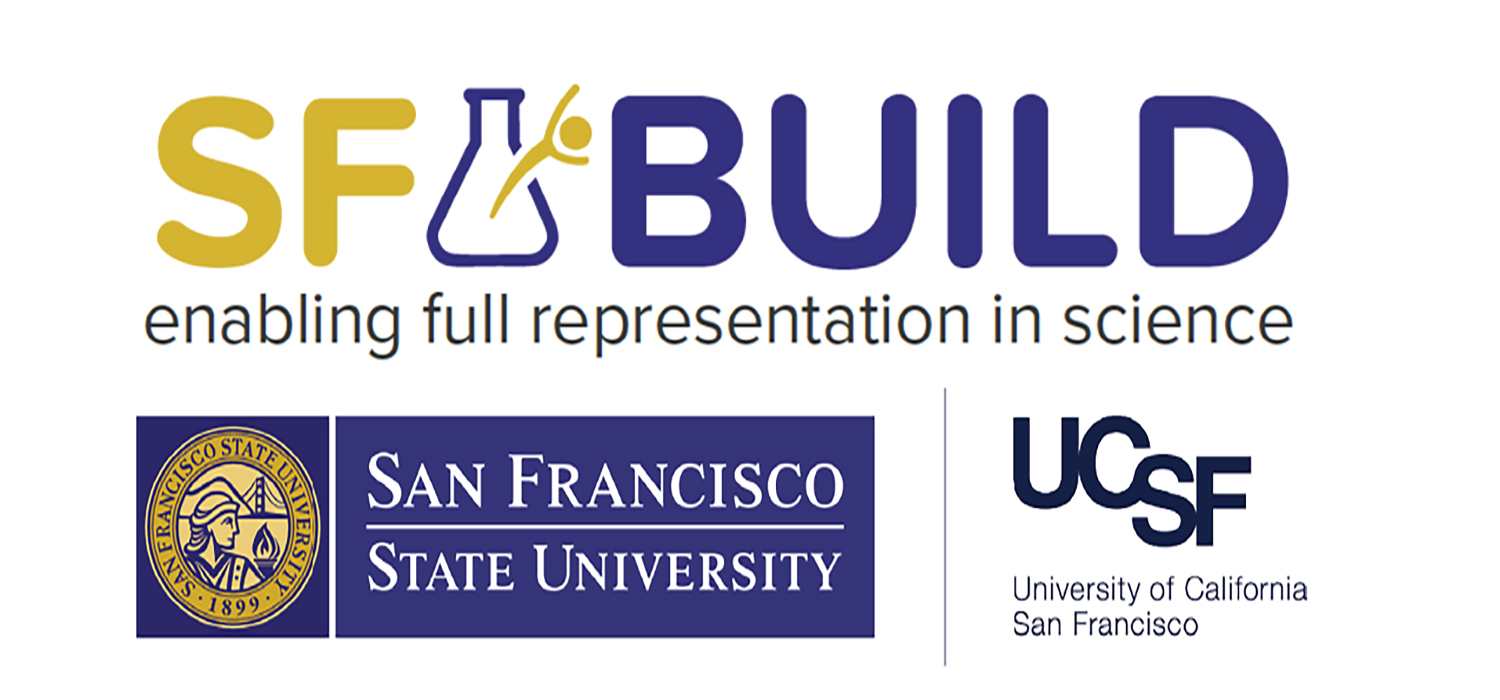
A key component of SF BUILD II is the Ambassador Agents of Change initiative. This initiative was originally envisioned in the renewal application for BUILD II funding as a mechanism for disseminating evidence-based practices for creating affirming and inclusive environments in STEM.
For more information click here.
Every third Monday of the month from 11-11:45am CST, NRMN hosts a new installment of the HTLTNN Webinar Series (How to Leverage the NRMN Network). This series showcases how to utilize existing resources as well as demonstrations of new features both on the NRMN website and within MyNRMN, which is NRMN’s virtual community available to NRMN members.
For more information click here.
Christine Pfund, Ph.D., Director of the NRMN Coordination Center, was featured in the AcaDames podcast episode "How to make mentorship a dream."
For more information click here.
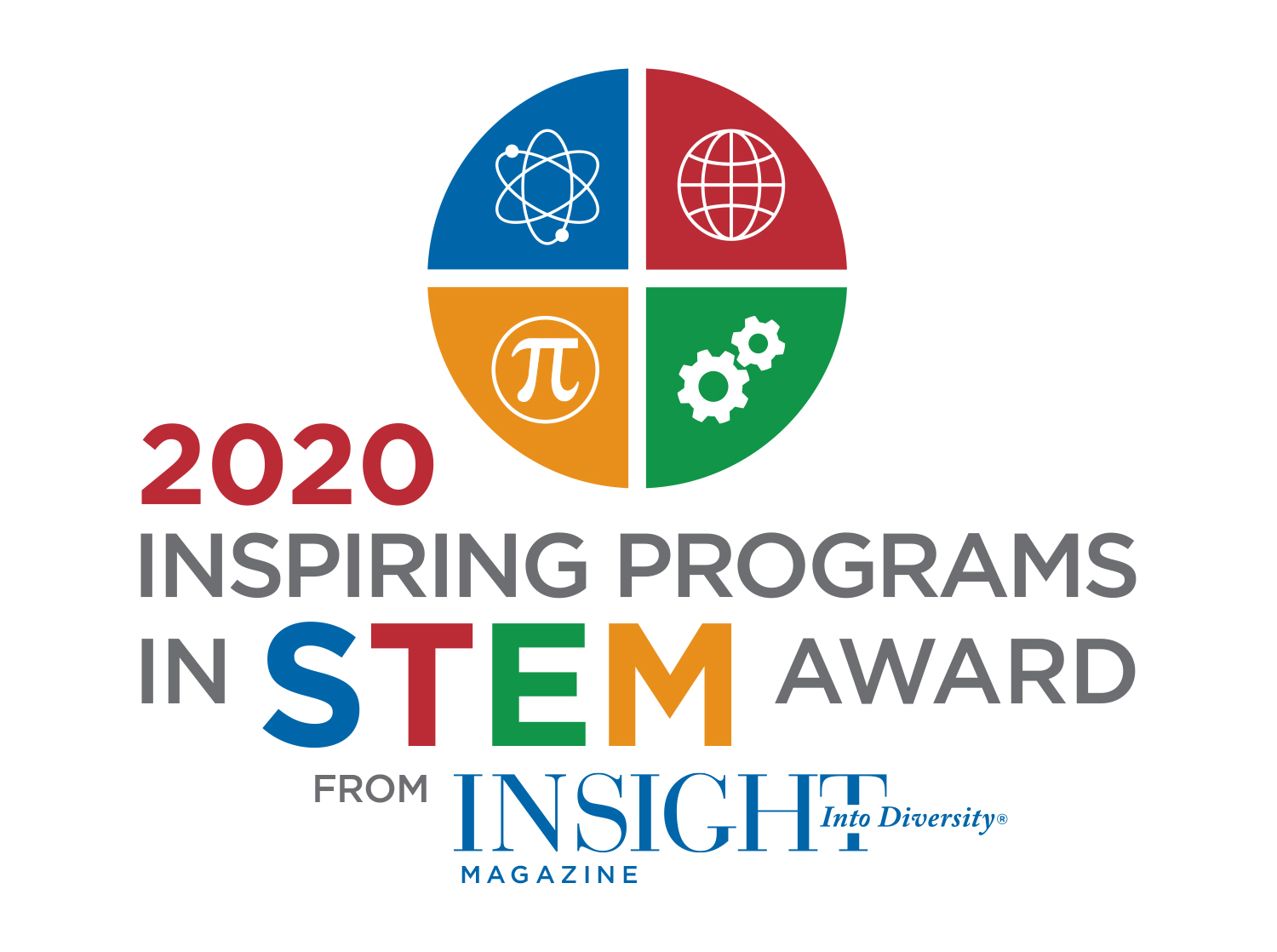
California State University, Northridge’s undergraduate biomedical research training program, BUILD PODER, has received the 2020 Inspiring Programs in STEM (Science, Technology, Engineering and Mathematics) Award from INSIGHT Into Diversity magazine, the largest and oldest diversity and inclusion publication in higher education.
For more information click here.
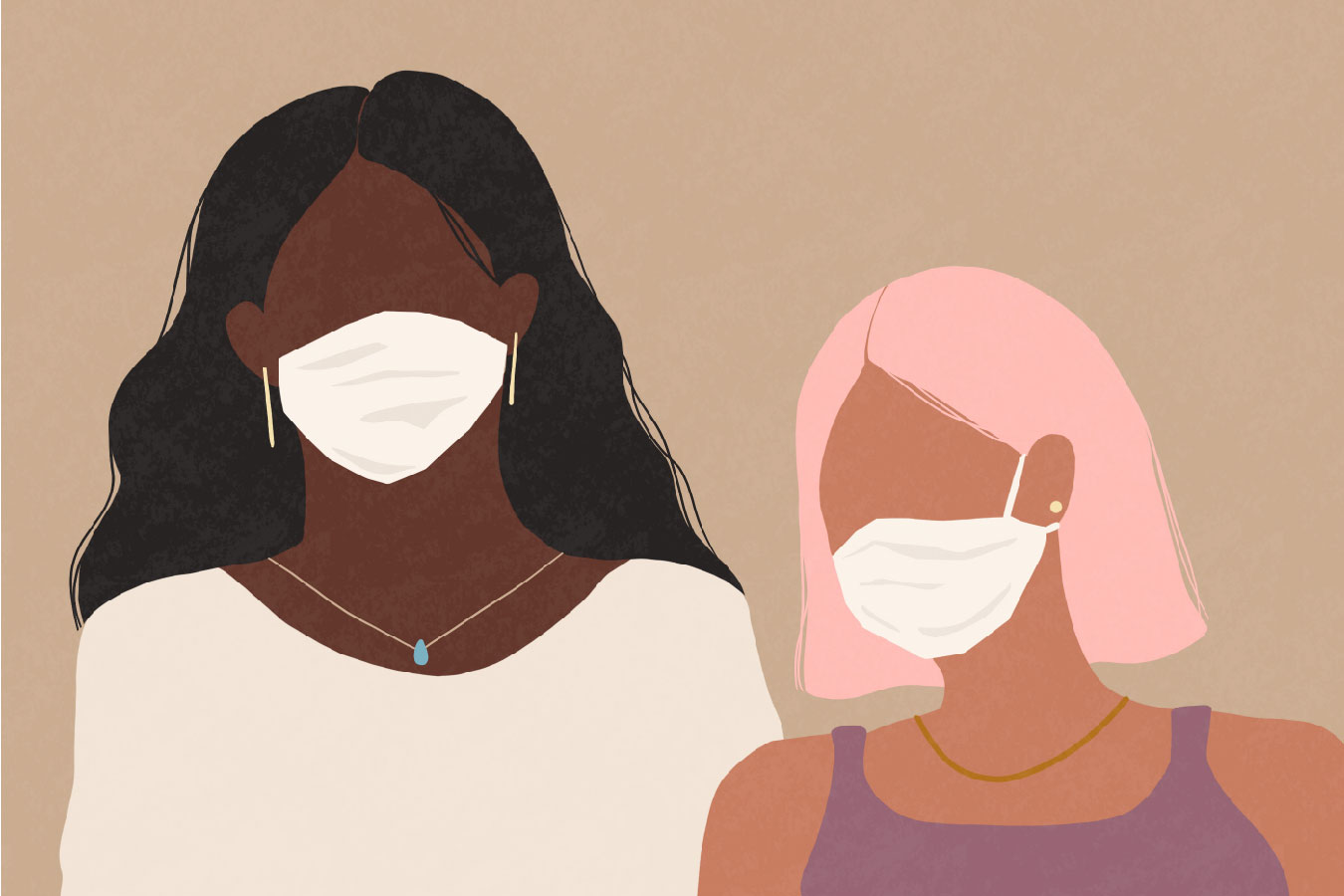
As the coronavirus swept into Detroit this spring, Wayne State University junior Skye Taylor noticed something striking. On social media, many of her fellow Black classmates who live or grew up in the city were “posting about death, like, ‘Oh, I lost this family member to COVID-19,’” said Taylor.
For more information click here.
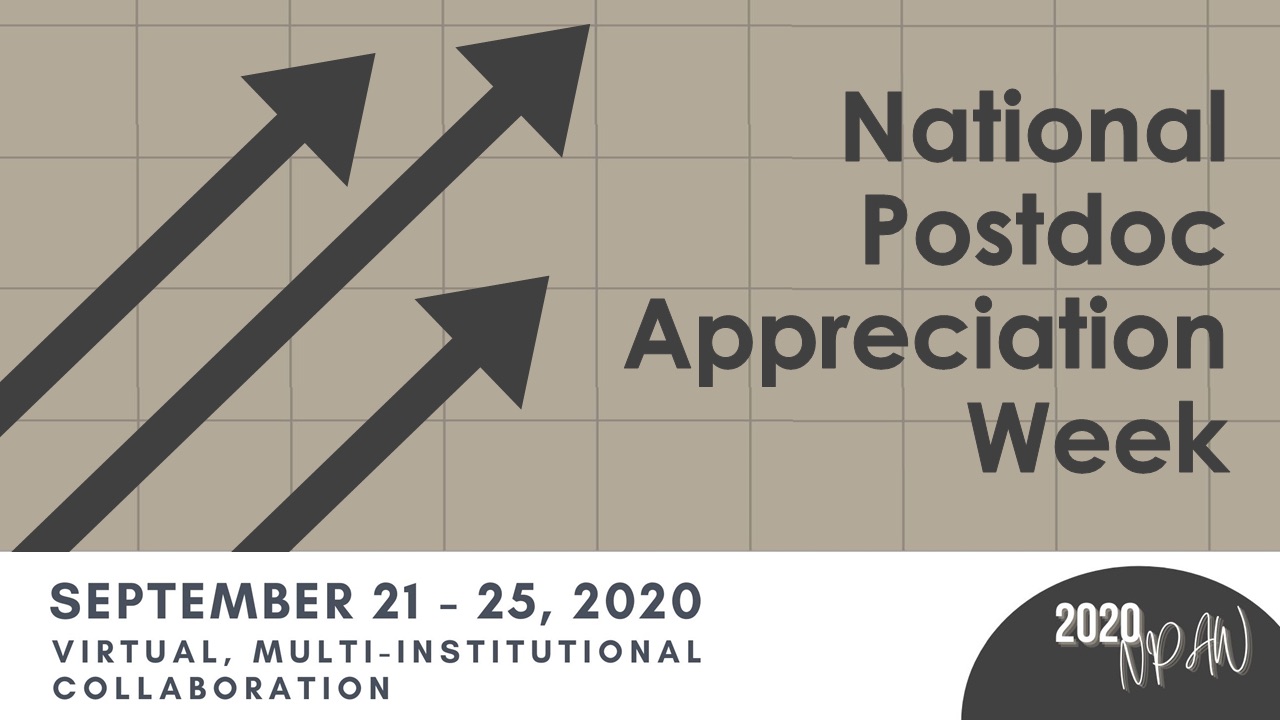
The NPA is pleased to announce the 11th annual celebration of National Postdoc Appreciation Week (NPAW): September 21-25, 2020! Submit your 2020 events to the NPA via this form.
For more information click here.
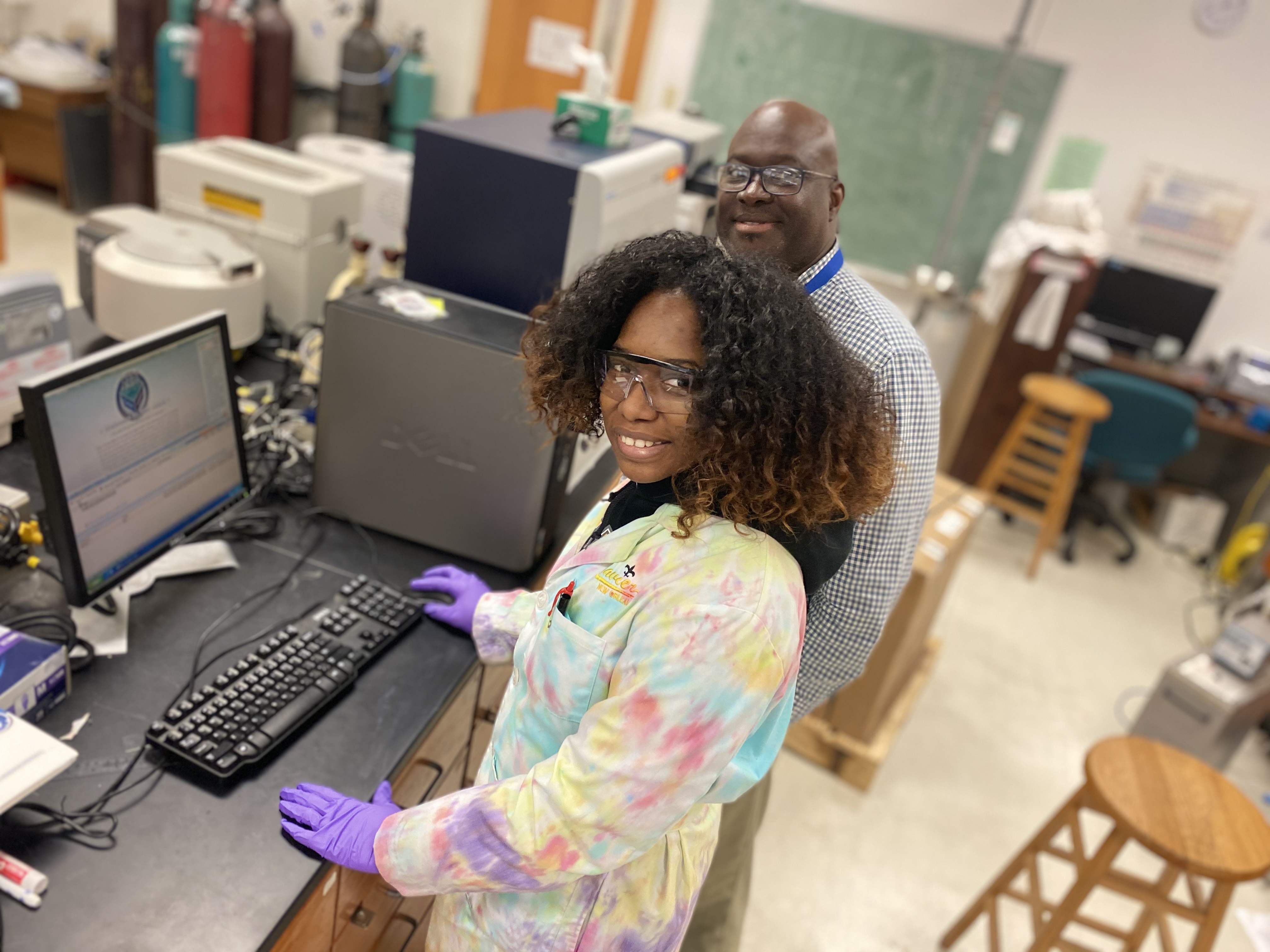
At the beginning of July, XULA BUILD Project Pathways alumna Edelmy Marin was interviewed by Abriendo Brecha TV as part of their highlight segment featuring talented Honduran nationals located around the world.
For more information click here.
"Evaluation of the Second Edition of Entering Research: A Customizable Curriculum for Apprentice-Style Undergraduate and Graduate Research Training Programs and Courses" (Drs. Janet Branchaw, Amanda Butz, Amber Smith) presents evaluation data for the second edition of Entering Research.
For more information click here.
UMBC News: In 2015, Cherie Tebah’s dream of providing dental care in marginalized communities was shattered when she sustained injuries while in the U.S. military. Tebah, who is originally from Ghana, had nurtured her dream for years as a dental assistant stationed in Japan. But with the guidance of her medical team, she had to accept that her disability would make achieving that dream impossible.
For more information click here.
The murders of George Floyd, Breonna Taylor, Riah Milton, and many other Black people have once again created an awareness of the systemic racism that is endemic in the United States of America and in many other parts of the world.
For more information click here.
The coronavirus disease 2019 (COVID-19) pandemic has cast a bright light on the importance of science and evidence. Epidemiologists have provided public health advice informed by experience with epidemics and are sharing best practices for halting the spread of the virus.
For more information click here.
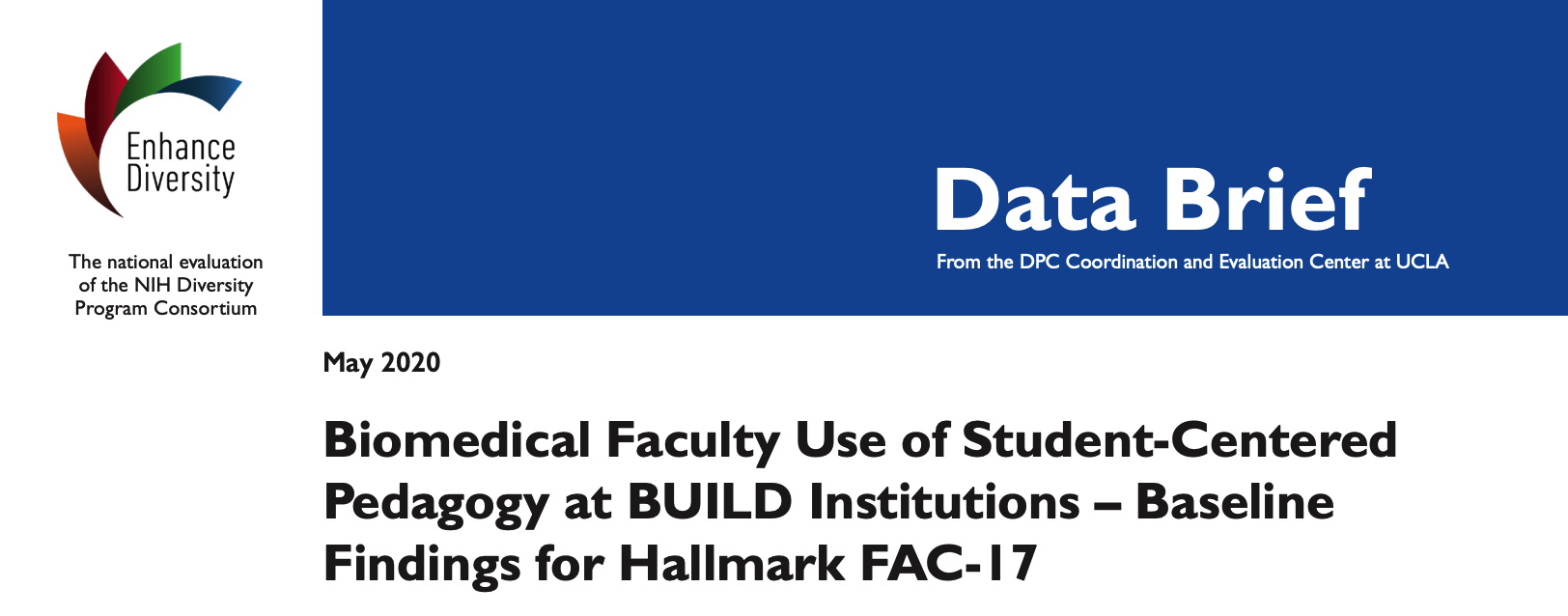
The use of student-centered pedagogy (SCP) is an approach that engages students as active participants in the learning process. Faculty use of evidence-based practices in teaching and mentoring is one of Diversity Program Consortium (DPC)'s Hallmarks of Success: Faculty 17 (FAC-17). Data from the 2016 Higher Education Research Institute (HERI) survey of faculty found that faculty at BUILD institutions who were BUILD-affiliated did not differ from other faculty at those institutions in their use of evidence-based SCP methods, but utilization of SCP does vary by academic rank, gender, and discipline.
For more information click here.
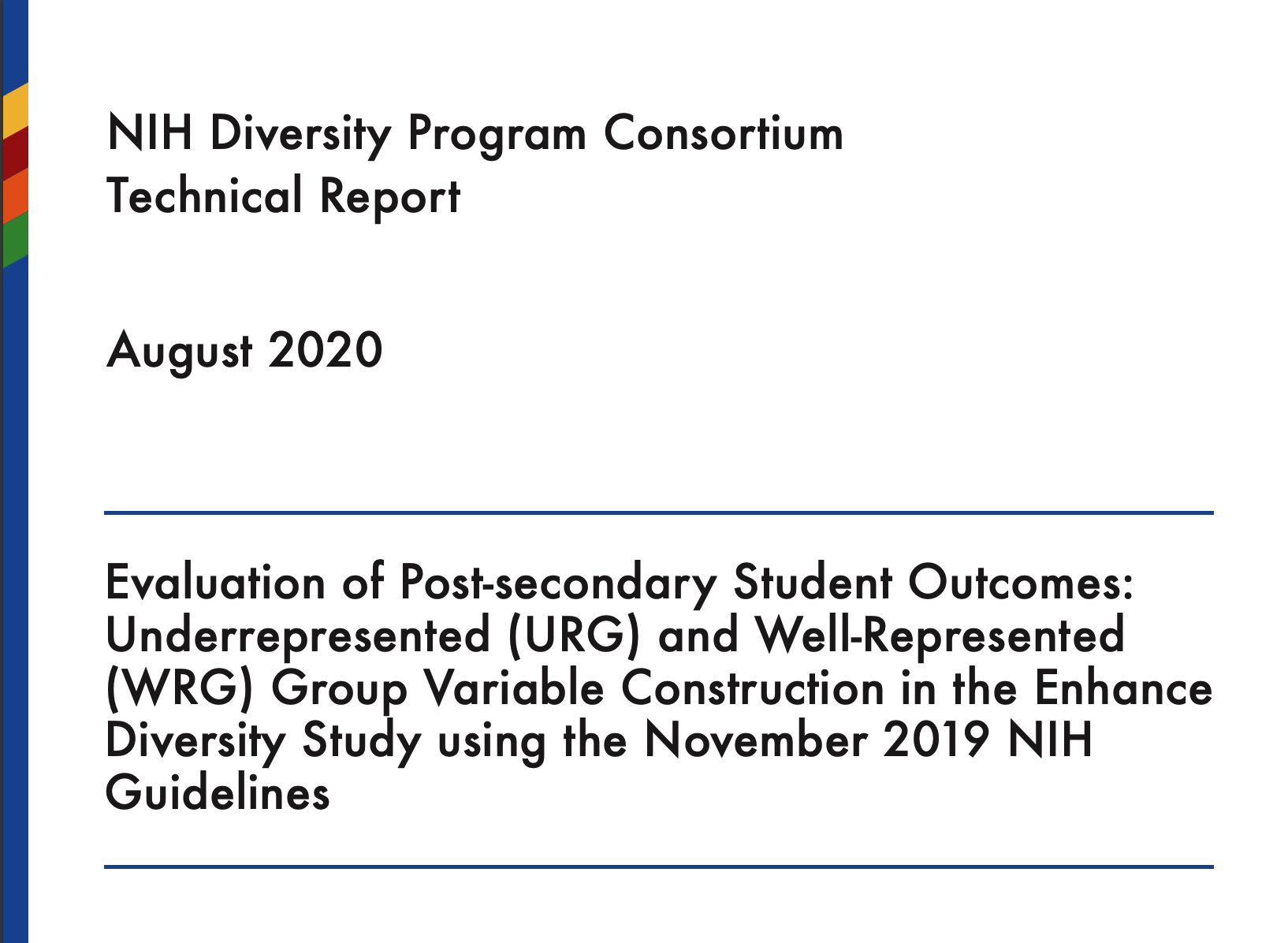
This technical report details coding recommendations for well-represented groups (WRG) and under-represented groups (URG) that are consistent with groups that the National Institutes of Health (NIH) have identified as underrepresented in the biomedical research enterprise. Specifically, the report describes the coding of WRG and URG being implemented in the consortium-wide survey data that is being used in the DPC-wide evaluation.
For more information click here.
A new paper was published in CBE Life Sciences Education titled “The ASPET Mentoring Network: Enhancing Diversity and Inclusion through Career Coaching Groups within a Scientific Society.”
For more information click here.
A new paper was published in PLoS ONE titled “Culturally Aware Mentorship: Lasting Impacts of a Novel Intervention on Academic Administrators and Faculty.”
For more information click here.
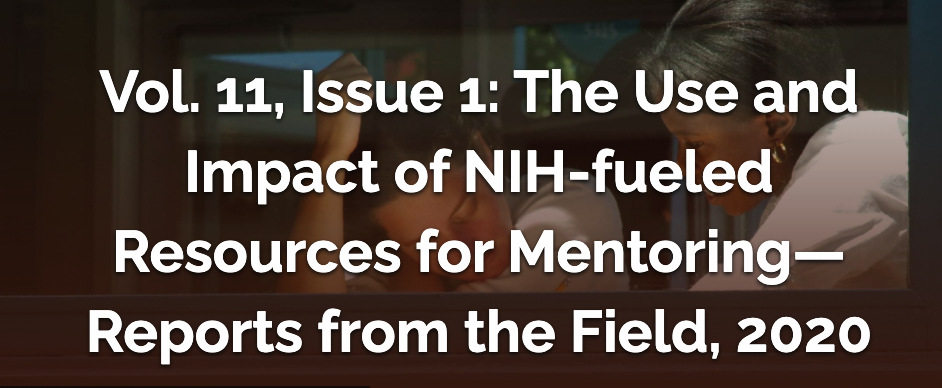
The Understanding Interventions Journal recently published a special issue, The Use and Impact of NIH-fueled Resources for Mentoring— Reports from the Field.
For more information click here.
|
Event Date: Tue, Sep 15, 2020 to Wed, Nov 10, 2021 Location: LinkedIn |
|
Event Date: Mon, Oct 19, 2020 to Sat, Oct 24, 2020 Location: Long Beach, CA |
|
Event Date: Mon, Nov 09, 2020 to Fri, Nov 13, 2020 Location: San Antonio, TX |
The NIH Diversity Program Consortium (DPC) Newsletter provides updates on activities at DPC sites, shares progress on collaborative efforts within the consortium, and highlights news and recent publications related to diversity and mentoring in the biomedical sciences.
|

